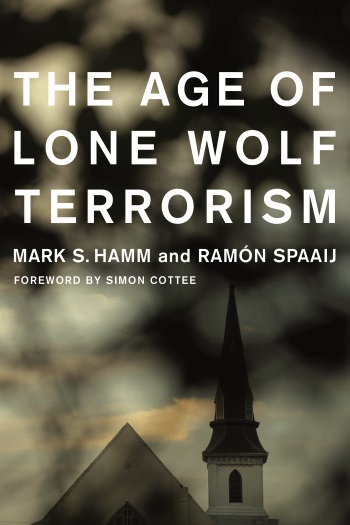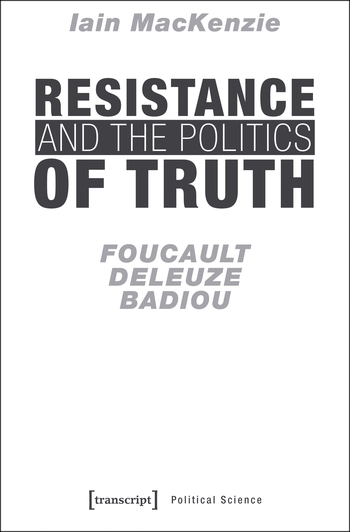The Israeli Secret Services vs. Terrorism — A Post by Ami Pedahzur
In an article written for Middle East Strategy at Harvard , Ami Pedahzur argues that the resources now being spent on counterterrorism operations should be allocated to other national security needs and that it is time for Israel and other nations to think more creatively about how to combat terrorism.
This takes up the argument that Pedahzur makes in his recent book The Israeli Secret Services and the Struggle Against Terrorism, in which he contends that defensive (improving security in public areas, improving domestic intelligence, etc.) rather than offensive, military measures are far more effective in reducing terrorism.
Moreover, policymakers fearing the political fallout from terrorist attacks tend toward aggressive, high-profile responses and that “this process is reinforced by the fact that the angry leaders naturally seek the advice of the security establishment. Most military and intelligence officers are trained to see any challenge from a narrow offensive perspective, and do not have a full grasp of the political and social causes and implications of terrorism and counterterrorism. Thus, they are likely to provide policymakers with a relatively limited set of aggressive options for response.”
Ultimately, this leads to a vicious cycle of violence that proves costly to governments. Citing the Israeli example, Pedahzur writes:
While the state enjoys superiority in technology and firepower, the insurgents usually fight within a well-known territory and easily assimilate among non-combatants. This leads the states to use air strikes and artillery attacks and thus to cause collateral damage amongst civilians. This vicious cycle eventually enhances popular support for the insurgents, as was reflected in Israel’s 2006 war in Lebanon and 2009 war in Gaza. In most cases, after a long war of attrition, the state, which launched the attack and refused to negotiate with the terrorists, will cut a deal with them either through direct or indirect negotiations. In terms of winning or losing, such a scenario actually strengthens those who initiated the campaign of terror in the first place.



